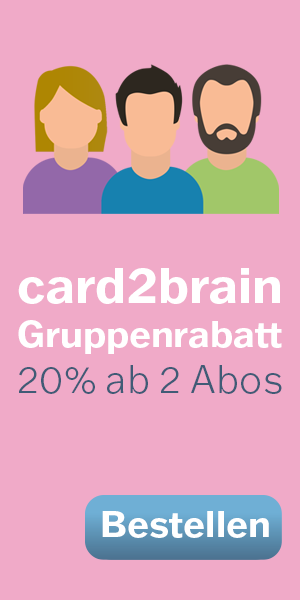Ventana 2
Spanish vocabulary
Spanish vocabulary
Kartei Details
| Karten | 321 |
|---|---|
| Sprache | English |
| Kategorie | Spanisch |
| Stufe | Universität |
| Erstellt / Aktualisiert | 15.01.2025 / 11.02.2025 |
| Weblink |
https://card2brain.ch/cards/20250115_ventana_2?max=40&offset=280
|
| Einbinden |
<iframe src="https://card2brain.ch/box/20250115_ventana_2/embed" width="780" height="150" scrolling="no" frameborder="0"></iframe>
|
It's been two months doing
lleva dos meses haciendo
We are about to arrive in one hour.
Estamos a punto de llegar en una hora.
that's why
por eso
Por eso es importante beber mucho.
I've been
he estado
never
nunca
to feel like
tener ganas de
No tengo ganas de salir hoy.
ever
alguna vez
often
muchas veces
the meal
la comida
I miss my family.
Echo de menos a mi familia
to miss
echar de menos
I'm twenty-five years old.
Tengo veinticinco años.
twenty-five years ago
hace veinticinco años
How time flies!
¡cómo pasa el tiempo!
to pass / to happen
pasar
I like cheese
Me gusta el queso.
I would like to go to the cinema.
Me gustaría ir al cine.
to do it
hacerlo
La vida será mucho más fácil si usted puede hacerlo. (Life will be much easier if you can do it.)
conjugate the verb to feel like in the present tense.
apetecer: me apetezco, te apeteces, se apetece, nos apetecemos, os apetecéis, se apetecen.
caution: 1st person singular
a lot
un montón
No compres tomates. Ya hay un montón en el refrigerador.
you've seen
has visto
he has put
ha puesto
precious
precioso, -a
by the way
por cierto
Por cierto, el banco está abierto de nueve hasta cuatro.
french
francés, francesa
Su esposa francesa es una pintora increíble.
to cross
cruzar
las chicas cruzan el río en el sur.
from there
de allí
Soy de Suiza - Qué coincidencia. Mi novia también es de allí.
the stage
la etapa
to travel around
recorrer
¡Recorrimos Italia en nuestro pequeño auto!
already
She has already forgotten what you did.
ya
Ya ha olvidado lo que hiciste.
How's the structure of the gerundio for verbs ending in -ar, -er, and -ir:
The Gerund is the -ing form in english
I'm eating, we are walking, they are living
-ar ==> estar + verb + ando
-er ==> estar + verb + iendo
-ir ==> estar + verb + iendo
estoy comiendo, estamos caminando, están viviendo













